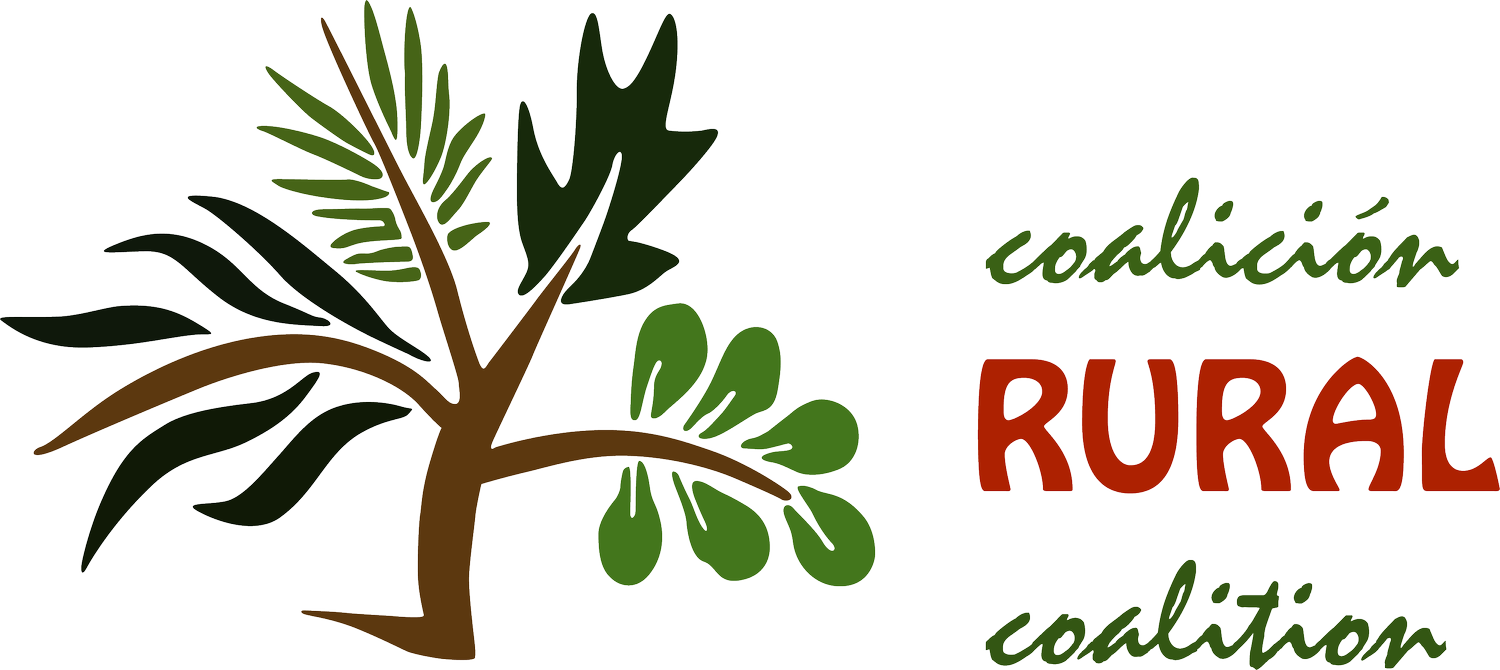Groups Call for USDA Leadership Team Ready to Create Solutions Through Racial Justice, Climate Change, and Pandemic Recovery
Washington D.C. – As President-elect Joe Biden selects leaders for his Administration, a coalition of over 70 food and farming organizations are calling on the President-elect and Vice-President-elect to choose USDA mission and agency leaders who deeply understand how to utilize the full range of USDA programs to achieve his goals of racial justice, climate change, and pandemic recovery.
“The USDA must make inputs to improve service and support for our members for the historically and traditionally underserved Black, Indigenous, and other people of color farmers as well as documented and undocumented farmworkers,” said Rural Coalition Chairperson John Zippert. “The President-elect should begin by nominating Native American Agriculture Fund CEO and citizen of the Chickasaw Nation Janie Simms Hipp as the USDA Deputy Secretary.” Hipp, the former senior advisor for tribal relations to Secretary Vilsack and director of the Office of Tribal Relations, “has a deep and practical knowledge of both agriculture and Indigenous law that matter in the lives of rural peoples everywhere,” argues the group.
The signatories of the letter - organized by Rural Coalition, the Alabama State Association of Cooperatives, North Carolina Association of Black Lawyers Land Loss Prevention Project, and Rural Advancement Fund of the National Sharecroppers Fund - urge the new Administration to recruit leaders “whose lived experiences with racial justice provide a crucial balance to the proposed leadership of USDA.”
“USDA has a long history of discriminatory policies and practices that dispossessed Black, Indigenous and other farmers of color from the land, ignored the climate crisis, and failed to meet the needs of farm and food system workers,” noted Rural Coalition Board member Savonala Horne, who is also Executive Director of the North Carolina Association of Black Lawyers Land Loss Prevention Project. “We need leaders like Ms. Hipp, who have the capacity to help all our communities to build back better using practical equitable solutions that ensure racial justice, combat the climate crisis, and guide recovery from the pandemic.”
“Equity must be more than a hollow concept that excludes or sets apart critical sectors of land-based rural peoples and farm and food system workers, as if they do not matter to the centrality of the agriculture and food system and our ability to transform it from a source of climate collapse to a climate solution,” said Rural Coalition Executive Director Lorette Picciano.
“Our communities do matter in the food, agriculture and land conservation systems of this nation, which are guided, regulated and financed by USDA. We must have sympathetic and sensitive people at the top levels of these government agencies to develop with us the policies necessary to serve everyone, and especially the most vulnerable people at the grassroots level in rural America,” concluded John Zippert.
The letter can be downloaded here.
